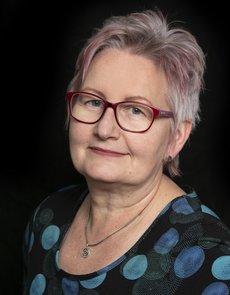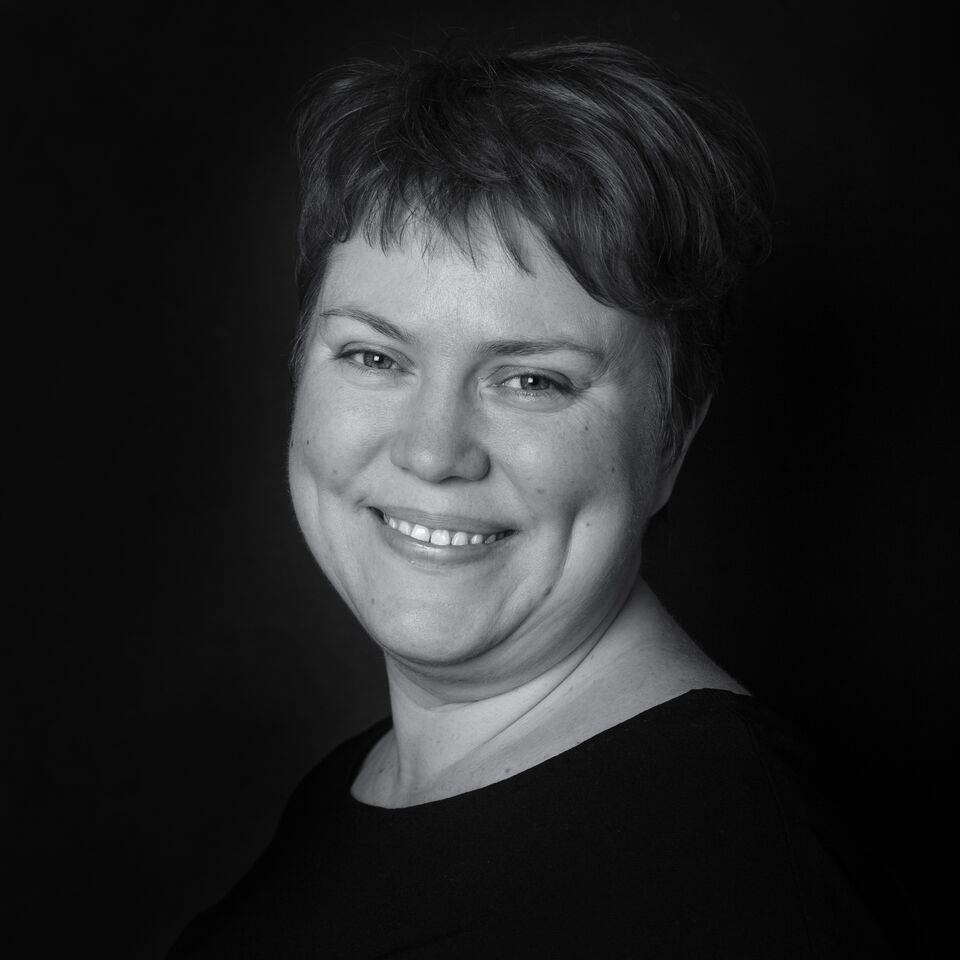A growing number of researchers are investigating and reflecting upon the consequences of posthumanism for education (Snaza and Weaver (2015: x). bell hooks wrote many years ago about the value of humanization as a value, and which perhaps is never so relevant as in teacher education (according to Howlett 2018), since we as teachers must be allowed to be human if we want our students to engage in humanization. What if we got it completely wrong? What if we never have been human? As Vicky Kirby (2017) asked: What if culture was nature all along? But what are we if we are human? Such questions need further elaboration. Particularly important is it to ask these questions in order to provide teacher educators with more than philosophical critiques of the idea of the human. How do we facilitate interpersonal skills and professional tools that contribute to mending fragmentation, build hope in humans co-evolving with more-than-humans, and start weaving a sustainable future?
In the paper, I will discuss some of the consequences of posthumanism for teacher education as ways to mend fragmentation and dehumanization. To engage in such a transformative and socially reconstructive direction argued for by Snaza and Weaver (2015), I will start by reflecting upon experiences from place-conscious teaching supported by theoretical insights that include the call for a “thicker” notion of humanity (Rose et al 2012, Birkeland 2014) and which confronts narratives of fear and catastrophe and which instead produces hope and ways to live with the damage done to Gaia (Stengers 2015).

I am professor in human geography at the University of Southeastern Norway. My professional background is human geography with a PhD from University of Oslo, Norway (2002) on modern tourism to North Cape, Norway. I have over twenty years of experience in teaching and research in higher education, from human geography, tourism and cultural studies, to teacher education. My research interests are nature-society relations; people-place relations; posthuman and new materialist approaches in culture theory; feminism and heritage in the Anthropocene; industrial heritage futures; place pedagogies and cultural sustainability. Latest book is "Cultural Sustainability and the Nature-Culture Interface" (Routledge 2018, 2019) edited with Rob Burton, Constanza Parra and Katriina Siivonen. Web: https://www.usn.no/om-usn/kontakt-oss/ansatte/inger-birkeland
This paper investigates entanglements of space and student online collaboration to understand processes of Bildung. It is theoretically informed by posthuman Bildung that studies entanglements of doings/knowledge/spaces. Bildung is a German concept changing with time and it is found around the world under different names (Horlacher, 2016). Bildung is a never ending personal process - open, reflective, intellectual, and moral - interlinked with culture, other people, and efforts for a better world (Uljens, 2003). Most researchers agree Bildung is a transformative process where the I/the Self meets the Other, which can be, other people, texts, materials that make the I/the Self expand and reach new levels of reflections (Wiberg, 2018). Carol Taylor (2017) suggests posthumanist Bildung offers analytic tools to understand the entanglements of being/knowing/doing. Taylor (2017, p. 428) argues that “all learning is spatially located—it happens somewhere—and that somewhere is an intimate if unspoken and unacknowledged part of our bodily experience of education.” The space for learning has agency in a posthuman sense.
The case discussed is an online course in higher education. The design of the learning space is an important material-discursive practice to consider (Barad, 2007). In distance education, the online space can offer interfaces for transformations of Bildung. There are also issues of disconnections that need to be considered when participants only meet asynchronously online. Delayed written communication challenged the participants to cognitively and ethically consider the course content and the group members. The design of the learning space was entangled with a risk of information overload and feelings of confusion or frustration among participants. Entanglements of being/knowing/doing are ways to understand online collaboration as deeply entwined with the space for learning.

Charlotta Hilli (PhD) works as a university lecturer in general and higher education at the Faculty of Education and Welfare studies at Åbo Akademi University.
Research interests include distance education in virtual learning environments with a focus on Bildung and Didaktik.